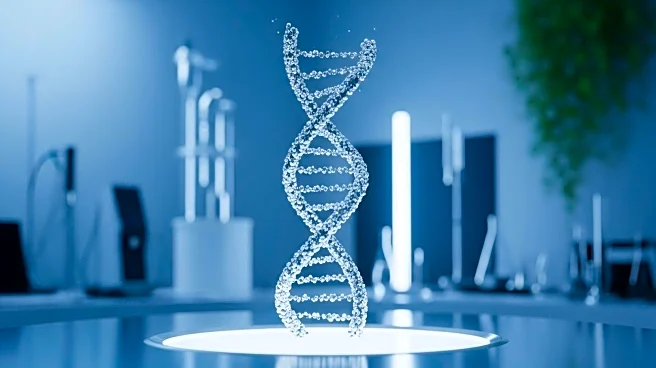What's Happening?
Colossal Biosciences has announced a significant advancement in its efforts to bring back the dodo bird, a species that has been extinct for over 300 years. The company has successfully grown pigeon primordial germ cells, a crucial step in the de-extinction process. These cells will be used to create gene-edited chickens that can act as surrogates for dodos. The project aims to reintroduce dodos to their native habitat in Mauritius, with a timeline of five to seven years for the first dodos to be born.
Why It's Important?
The potential revival of the dodo represents a major milestone in the field of de-extinction and genetic engineering. Colossal's work could pave the way for similar efforts to restore other extinct species, raising ethical and ecological questions about the role of humans in reversing extinction. The project also highlights the capabilities of CRISPR technology in genetic research. However, it has sparked debate among scientists about the implications of reintroducing species into ecosystems that have changed significantly since their extinction.
Beyond the Headlines
The de-extinction of the dodo raises broader questions about biodiversity conservation and the prioritization of resources. While some view de-extinction as a tool for conservation, others argue it may divert attention from protecting existing endangered species. The project also poses challenges in terms of defining the identity and ecological role of gene-edited species. As Colossal progresses, it will need to address these complex issues to ensure the ethical and ecological viability of its efforts.










